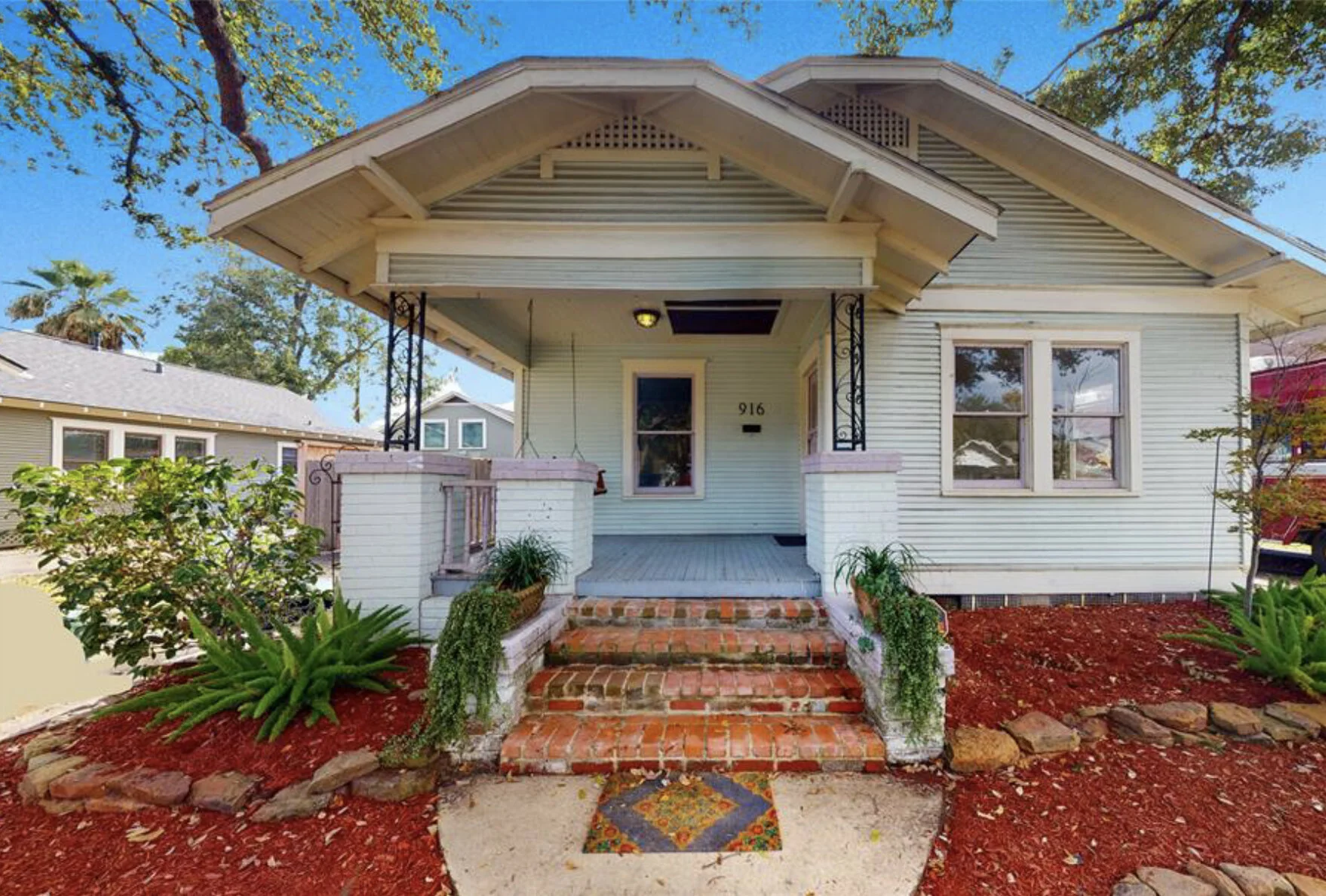Tax incentives at the federal and state levels are available to homeowners to encourage historic preservation of properties. The incentives range from tax credits that reduce dollar for dollar the amount you owe the IRS, to easements that can increase tax deductions and decrease estate and property taxes.
Tax rules for historic preservation are complicated--some incentives apply to investment properties only, while others include owner-occupied homes--but the financial rewards can be worth the effort. Be prepared to do significant research, file a lot of paperwork, and quite possibly seek out professional help.
Federal tax credits for historic investment properties
The federal Historic Preservation Tax Incentives program offers tax credits equal to either 10% or 20% of qualifying renovation costs. Depending on what you own, you may be eligible for one or the other, but not both. The main drawback is the tax credits don't apply to owner-occupied homes. Investment properties qualify, however.
The 20% tax credit is for properties certified as historic or in a historic district, as approved by the National Park Service. Although certification is a national program, owners have to go through their state historic preservation office. Eligible properties, including rowhouses and wood-framed homes, must be rehabilitated for commercial, industrial, agricultural, or rental residential purposes.
Essentially, a home has to be at least 50 years old with minimal changes from the past to be eligible for the 20% tax credit. It should be associated with important historic events or people, for example, or display significant aspects of architectural history. Renovation expenses must total at least $5,000.
The three-part certification process can be involved--and expensive. There's a $250 processing fee. A second fee, which can run as high as $2,500, is based on the total cost of the project and is due when the renovation is completed. Fees are waived for projects under $20,000. The initial review by the National Park Service and your state historic preservation office can take as long as 60 days.
But if you are certified and follow the technical guidelines, Uncle Sam essentially reimburses 20% of the cost of renovations. As NPS spokesman Michael Auer explains, if you spend $200,000, you reduce your tax liability by $40,000. You may be able to carry forward part of the tax credit to future years, or even back a year. Consult a tax adviser.
The 10% tax credit is for any structure built before 1936 that doesn't qualify as historic under the 20% program. The property can only be used for non-residential purposes. However, use as a hotel is considered commercial, not residential, so an old home converted to a bed-and-breakfast, for example, would likely be acceptable.
For either tax credit, use IRS Form 3468. Owners of historic properties should consider hiring a professional consultant to help with everything from architectural drawings and photographic documentation to accounting and paperwork. Needs will vary greatly. North Carolina's state historic preservation office estimates you may require a consultant's help for one to two weeks at a rate of between $50 and $100 per hour. Consulting and application fees alone can hit $10,000 or more.
State tax breaks for owner-occupied historic homes
Unlike the federal tax credits, which are limited to investment properties, many states offer incentives geared toward the preservation of owner-occupied historic homes. Check with your state historic preservation office.
In Virginia, for example, if your home is listed on the state and national registers of historic places--the two lists usually overlap--you can get a 25% state tax credit for approved renovation expenses. Homes that aren't individually listed but are located in historic districts may also qualify. Virginia has more than 400 historic districts.
Covered costs are spelled out in great detail. Virginia uses the same renovation standards as the National Park Service. If you fail to follow the guidelines, such as using materials that don't convey the proper visual appearance, you can lose the credit. Application fees can add up to as much as $3,000, depending on the total cost of a renovation.
Virginia also has an easements program, which in effect offers owners of historic properties tax incentives in exchange for signing away rights to alter the historic character of the properties. Easements are usually permanent and binding on all future owners.
There are considerable financial advantages. An easement will likely reduce a property's value, so you might be able to take the difference as a charitable deduction on your federal tax return. Your local property taxes will likely fall as well. Estate taxes could be lowered too, since the value of the property you leave to your heirs would've declined.
New York, too, has tax breaks specifically for owner-occupied historic houses. The state offers a tax credit worth 20% of qualified rehabilitation costs. Effective in 2010, the value of the credit can go as high as $50,000.
Homes must be owner-occupied and listed on the state or national register of historic places, either individually or as part of a historic district. The program is aimed at economically distressed areas. Among other stipulations, the project must cost more than $5,000 and be pre-approved by the state historic preservation office.
This article provides general information about tax laws and consequences, but shouldn't be relied upon as tax or legal advice applicable to particular transactions or circumstances. Consult a tax professional for such advice.
Richard Koreto is a freelance writer. He's been editor of many financial magazines and is the author of "Run It Like a Business," a practice management book for financial planners. He and his wife own a pre-Civil War house in New York.
Nicholas Joel Realty Group is a residential real estate group in Houston, Texas specializing in Houston Heights historic and luxury homes for sale. NicholasJoelrealty.com
Nicholas Joel Realty Group
Proudly partnering with Jane Byrd Properties International, we’re your trusted Houston Heights real estate experts. Joel Eronko, Realtor®

